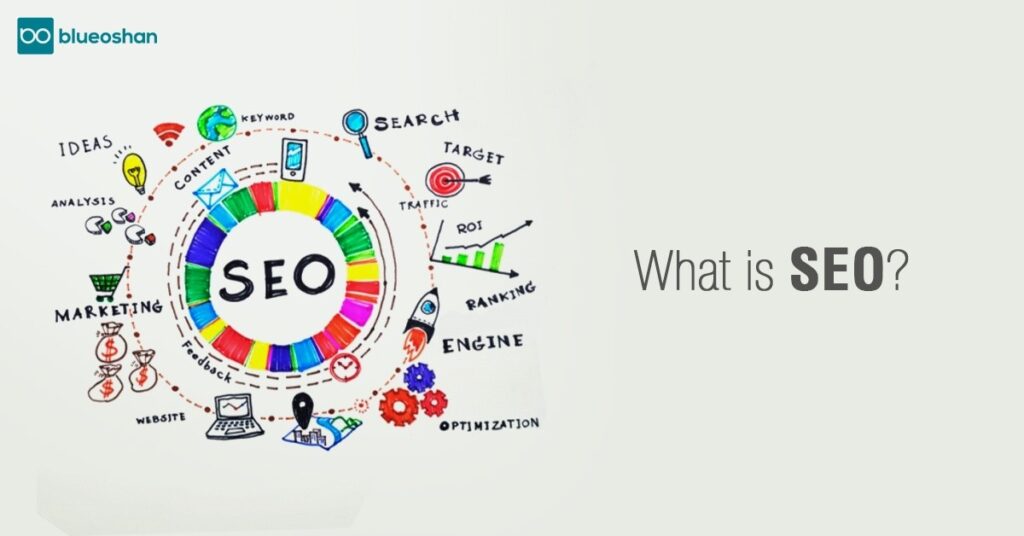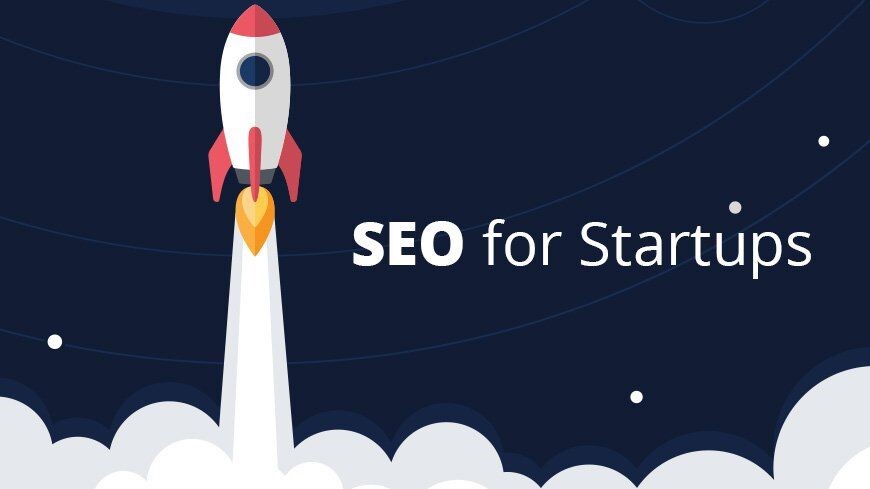
Search engine optimization (SEO) can seem like a daunting task, especially for beginners. However, with the right approach, anyone can learn the basics of SEO and start optimising their website for better search engine visibility and traffic.
In this article, we’ll cover the essential elements of SEO success, from keyword research and on-page optimization to link building and technical SEO. We’ll also provide tips and strategies for creating high-quality content that engages your audience and boosts your search engine rankings.

By the end of this article, you’ll have a solid foundation for understanding SEO and the tools you need to start optimising your website for better search engine rankings.
Also Read: Overview of Digital Marketing in Dubai and the UAE
What is search engine optimization and How Does it Works?
Search engine optimization (SEO) is the process of improving a website’s visibility and ranking on search engines like Google, Bing, and Yahoo. The goal of SEO is to increase organic (unpaid) traffic to a website through higher search engine rankings for relevant keywords.

SEO works by optimising a website’s content, structure, and technical elements to make it more attractive to search engines. Search engines use complex algorithms to crawl and index websites, and SEO helps to ensure that a website is optimised to meet the search engine’s criteria.
Important Key Components of SEO
1. SEO: Keyword Research
Before creating any content, it’s important to conduct keyword research to identify the most relevant and high-traffic keywords related to your topic.
Use keyword research tools like Google Keyword Planner, Ahrefs, or SEMrush to identify the keywords that people are searching for and that are relevant to your content.
2. On-page Optimisation
On-page optimization is a key component of search engine optimization (SEO) that involves optimising the content and elements on individual pages of a website to improve their search engine ranking and visibility.
First, it helps search engines understand what your website is about and what keywords it should be ranking for. By including relevant keywords in your content, you increase the likelihood that search engines will identify your website as a relevant source for those keywords.
By focusing on on-page optimization, you can improve your website’s search engine ranking and visibility, while also improving the user experience for your visitors.
3. Content Creation
Creating high-quality, engaging content that is relevant to your target audience and optimised for search engines is crucial for SEO success.
Content creation is an opportunity to include your target keywords in a natural and user-friendly way, which can improve your website’s search engine ranking for those keywords.
It also attracts backlinks from other websites, which is an important factor in improving your website’s search engine ranking.
Also Read: 5 Best Practices To Generate More Leads For Your Business
4. Technical search engine optimization
Technical search engine optimization refers to the process of optimising the technical aspects of a website to improve its search engine ranking and visibility. It involves making sure that the website is properly structured and coded so that search engines can easily crawl and index its pages.
It ensures site security, which is a critical factor in determining search engine ranking. The structures data to provide additional information to search engines about the content of a website.
In summary, technical search engine optimization is an important aspect of search engine optimization. That involves optimising the technical aspects of a website to improve. Its search engine ranking and visibility.
5. Monitoring and Measuring
Monitoring and measuring your SEO efforts is an essential part of ensuring. That your website is ranking well on search engines and driving traffic and conversions.
your backlinks can help you understand which websites are linking to your website. The identify opportunities for improving your link-building strategy.
Besides, measuring organic traffic is an important way to assess the effectiveness of your SEO efforts. You can use tools such as Google Analytics to track. Your website’s traffic sources and understand how your organic traffic is growing over time.
Significance of SEO over Startups
Incorporating search engine optimization in startups offers numerous benefits that can help them to succeed in the long run. Firstly, search engine optimization helps startups to improve their visibility in search engine results in pages. It can help them to attract more traffic to their website.
SEO can help startups to build brand credibility and establish themselves as an authority in their industry. It can help to attract and retain customers.

It is a cost-effective marketing strategy for startups, which can help them to save money on advertising and promote their business on a tight budget. By incorporating search engine optimization in their marketing strategy, startups can drive more traffic, increase conversions, and achieve their business goals.
Also Read: Cultivating Businesses with Instagram and facebook ads
Conclusion
In conclusion, SEO is an essential component of any startup’s marketing strategy. By improving visibility in search engine results pages, optimising for relevant keywords, and building brand credibility, startups. It can attract more traffic to their website, reach potential customers, and establish themselves as an authority in their industry.
Frequently Asked Questions
SEO is a cost-effective marketing strategy that can help startups to save money on advertising and is essential for startups because it can help to increase visibility, attract targeted traffic, build brand credibility, and gain a competitive advantage.
Some of the common mistakes that a rookie makes in search engine optimization are keyword stuffing, neglecting technical SEO, not creating quality content, and failing to monitor and measure results. It is essential to avoid these mistakes and prioritise an effective SEO strategy to achieve long-term success.
Yes, SEO can be an effective strategy for startups looking to target local customers. By optimising for local keywords and including location-specific information on their website, startups can improve their visibility in local search results and attract targeted traffic from their local area.
investing in SEO depends on a startup’s marketing goals and objectives. However, in most cases, investing in SEO is highly beneficial.





